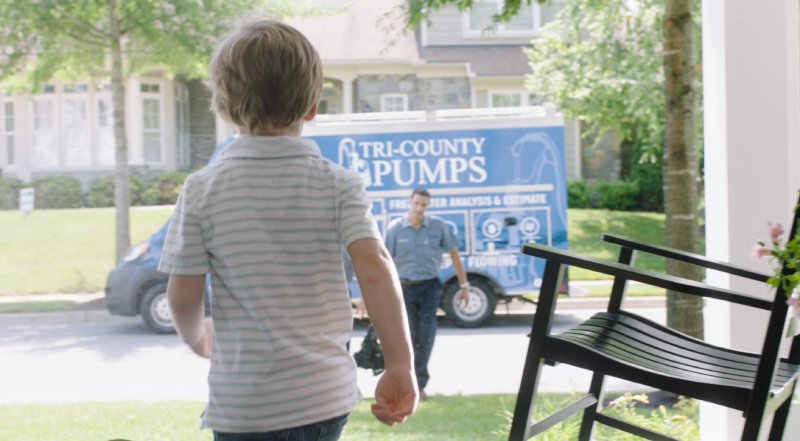Septic System Installation Services
Septic Systems Built For Lasting Performance
Owning a quality-installed septic system forms the foundation of reliable wastewater management for any property.
Tri-County Pumps brings decades of local experience and expertise to each project, delivering dependable systems built to meet the specific needs of Maryland, Virginia, and West Virginia homes.



The Importance Of Having A Professional Install Your Septic System
Installing a septic system involves much more than digging a hole and setting a tank in place. Proper design, soil evaluation, site grading, and adherence to local regulations are all critical to long-term system performance. A professionally installed system also accounts for water usage, property layout, and future maintenance needs.
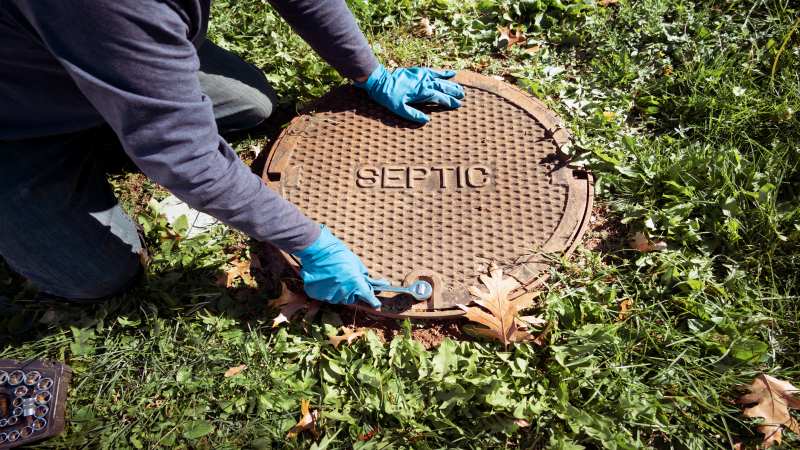
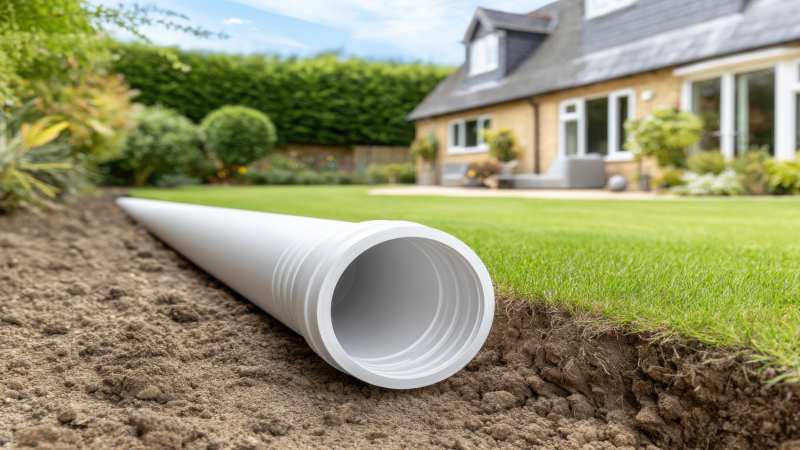
When these details are overlooked, even small installation errors can result in costly repairs, environmental hazards, and major disruptions to your home and yard. Choosing an experienced installer helps ensure the system functions reliably for decades and protects your investment from avoidable setbacks.

The Tri-County Pumps Septic System Installation Process
Every installation follows a detailed and proven process to make sure the final system fits the property’s needs and regulatory requirements.
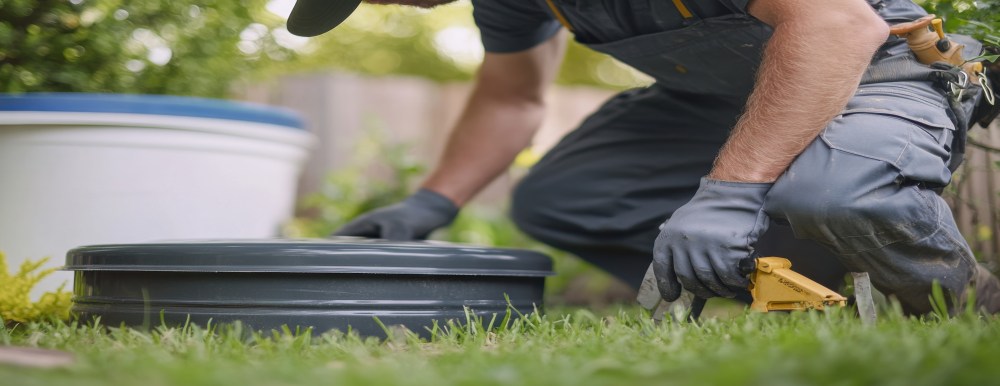
Site Evaluation
A successful septic system installation starts with a thorough site evaluation. We carefully assess soil conditions, water table levels, property layout, and regulatory requirements to determine the best system type and design. Accurate evaluation ensures the installed system operates efficiently and remains compliant with local health department standards.

Custom System Design
After the site evaluation, we create a system design tailored specifically to the property’s needs. Our design takes into account household water usage, site constraints, soil absorption rates, and environmental considerations. A carefully planned septic system design helps maximize performance, minimize maintenance, and extend the life of the system.

Handling Of Permits
Septic system installation requires approvals from local and state agencies. Our team handles the entire permitting process on your behalf, completing paperwork, submitting system designs, and scheduling required inspections. Taking care of the administrative work reduces stress for homeowners and speeds up the project timeline while maintaining full regulatory compliance.
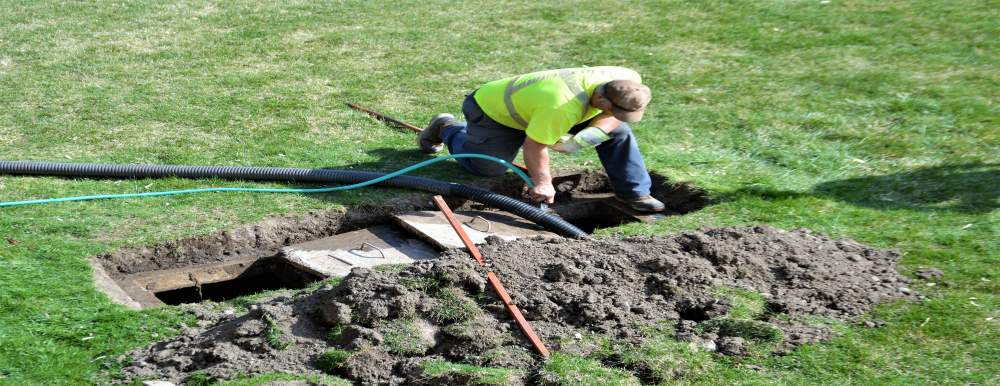
Installation Of The Septic System
Our experienced technicians complete the installation process efficiently and with careful attention to detail. We excavate the necessary areas, install the tank, piping, and drain field components, and backfill the system properly. Professional installation protects against leaks, drainage failures, and costly issues that could develop over time.
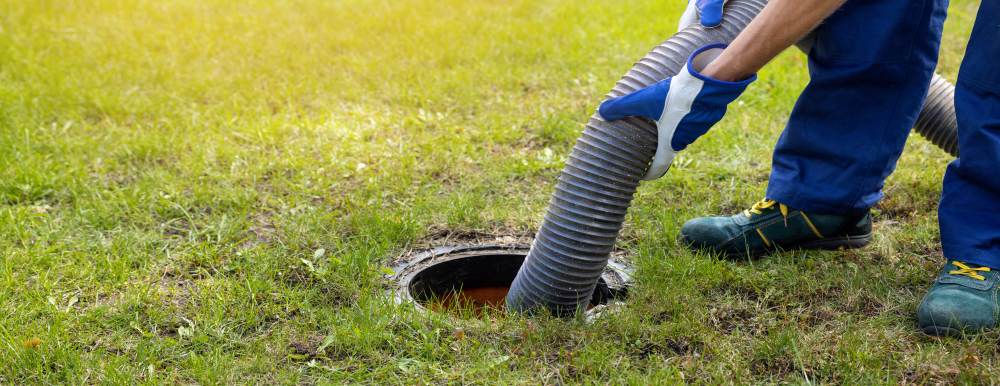
Post-Installation Inspections & Testing
After the septic system is installed, we perform detailed testing and coordinate any required health department inspections. Testing confirms the system operates correctly under normal load conditions, while inspections provide official approval. Completing this step guarantees long-term reliability and prepares the system for everyday use.
Types Of Septic Systems We Install
Every property has different needs, and choosing the right septic system design makes all the difference for the long-term performance of a system.

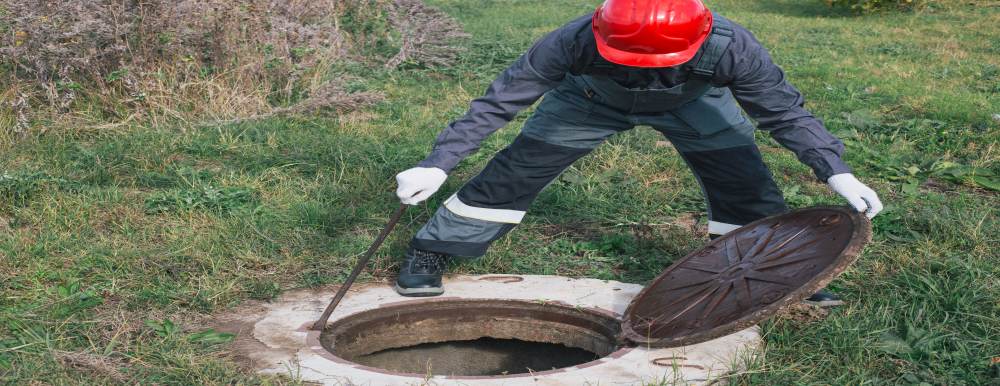
Conventional Septic Systems
Conventional septic systems are ideal for properties with good soil drainage and enough space for a traditional drain field. These systems use gravity to move wastewater from the tank into the drain field where natural filtration occurs. Conventional designs are reliable, straightforward, and cost-effective for many residential properties.
Mound Systems
Mound systems are designed for properties with shallow soil, high groundwater, or poor percolation. Wastewater is pumped into a sand mound that provides an extra layer of filtration before reaching the native soil. Mound systems require careful construction but offer a dependable solution for challenging site conditions.
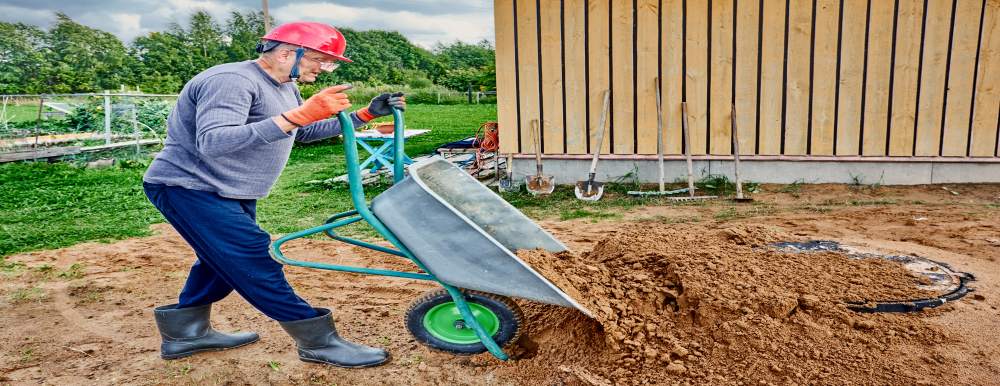
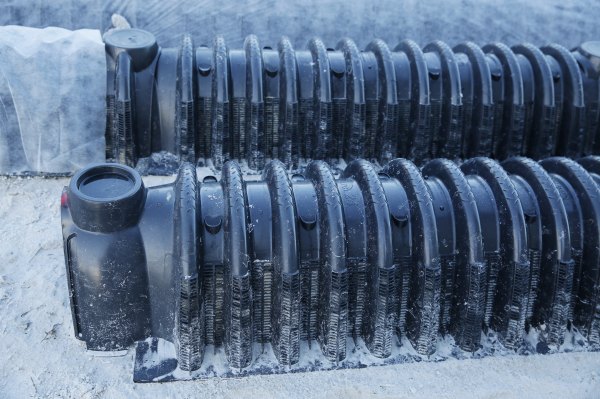
Chamber Systems
Chamber systems replace gravel trenches with durable plastic chambers that allow wastewater to flow and filter naturally. These systems are easy to install, flexible for different property layouts, and require less excavation. Chamber systems provide excellent performance and are a smart choice for environmentally sensitive or space-limited sites.
Aerobic Treatment Units (ATUs)
ATUs introduce oxygen into the treatment process to break down waste more quickly and effectively. They produce a higher quality effluent than traditional septic tanks, making them ideal for smaller lots, environmentally sensitive areas, or properties needing advanced wastewater treatment solutions.
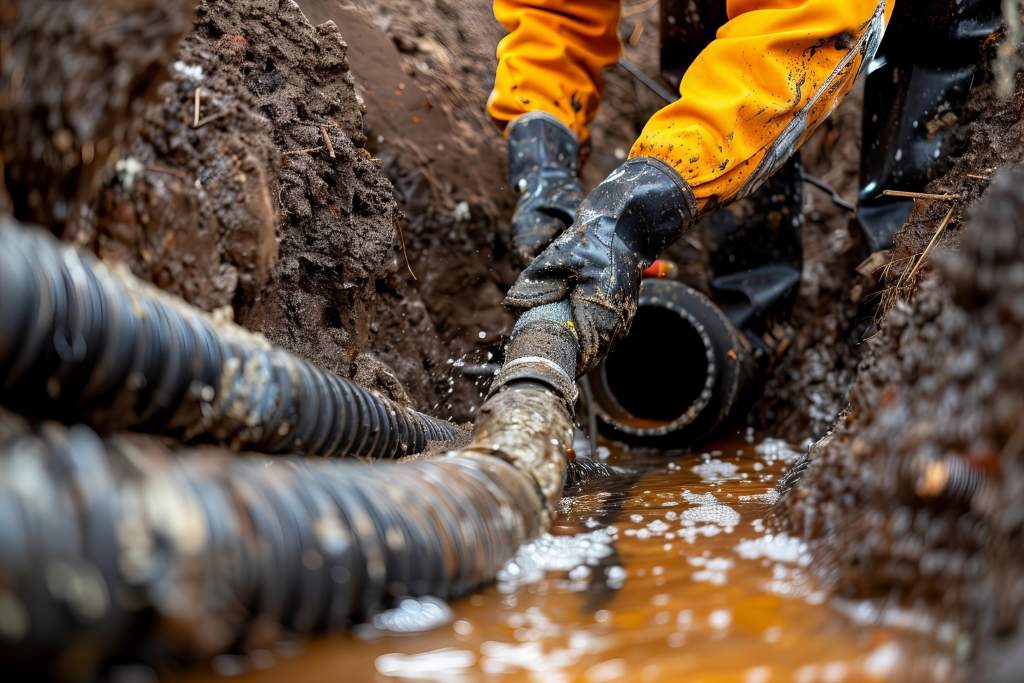
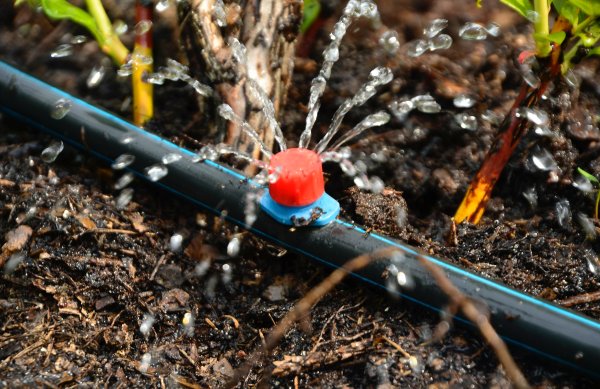
Drip Irrigation Systems
Drip irrigation systems slowly release treated wastewater through small tubes directly into the soil, which is perfect for properties with minimal space or tough soil conditions. Drip systems promote efficient water absorption, minimize surface runoff, and reduce the risk of groundwater contamination, protecting the surrounding environment.

